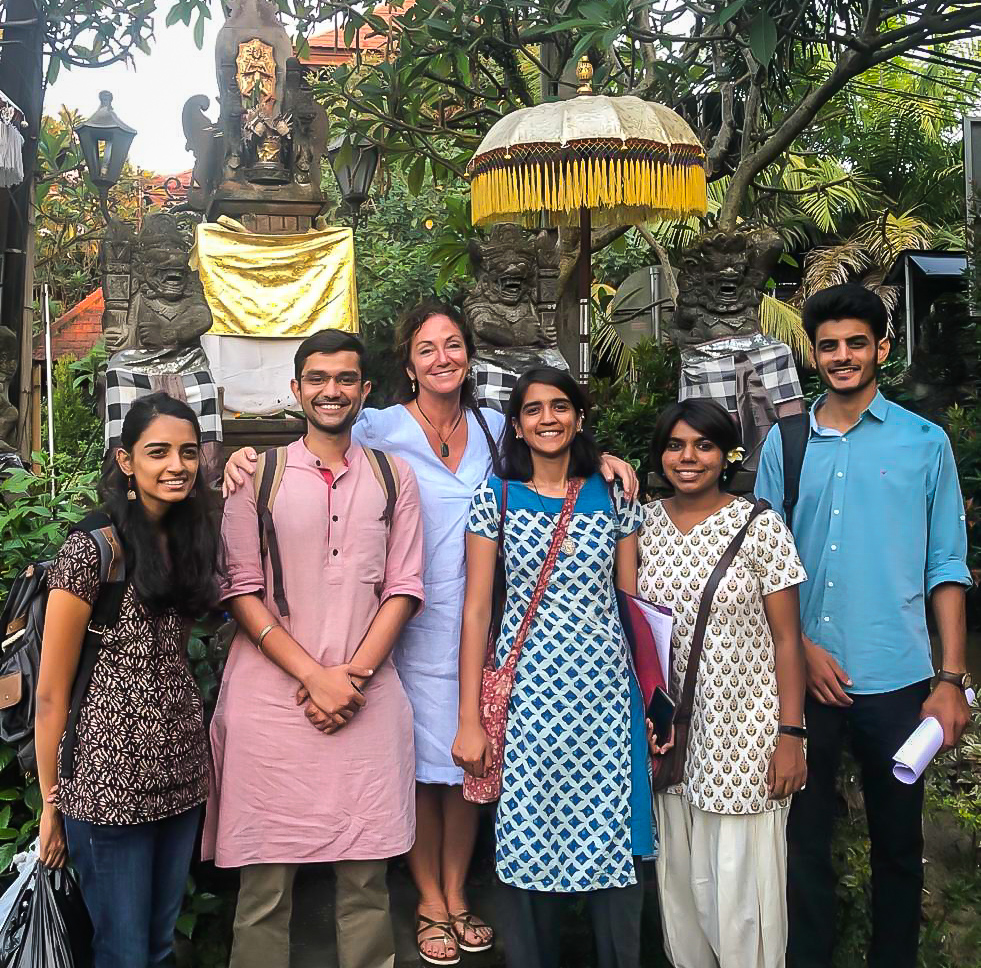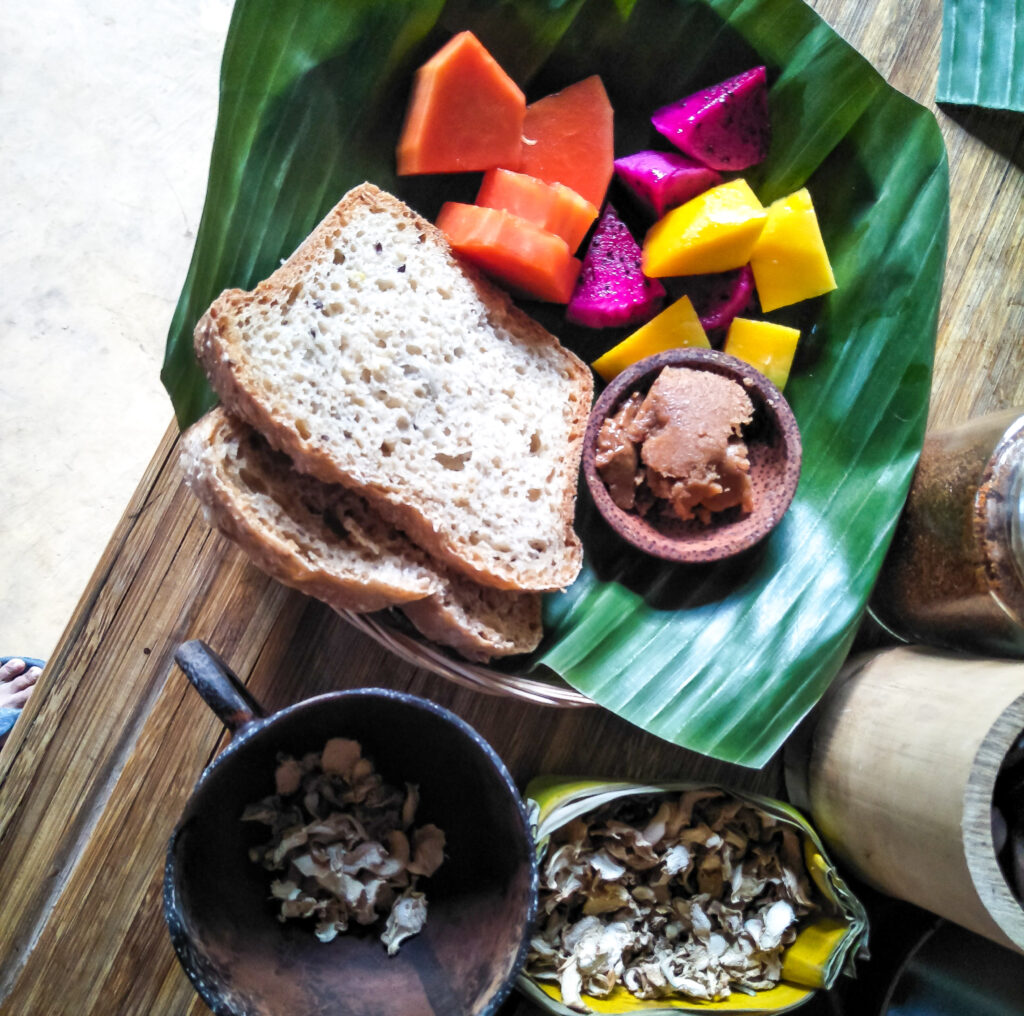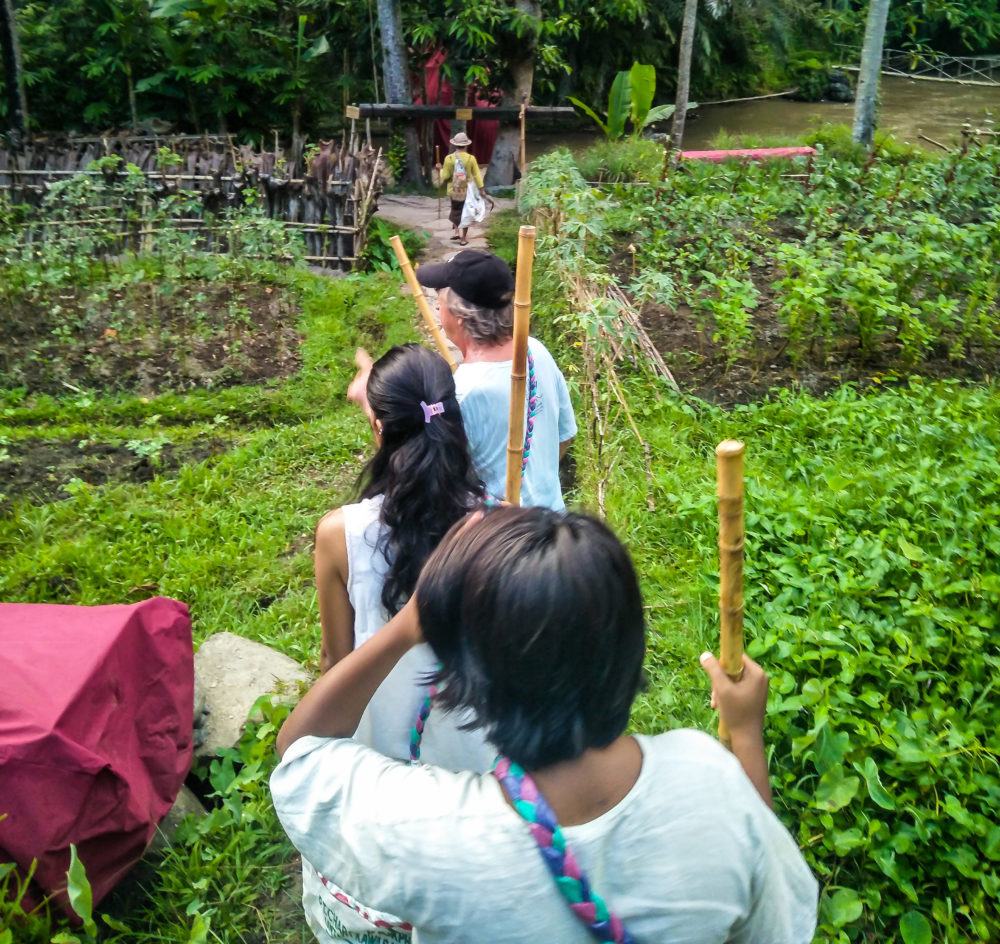Green Tools at a Green School
One of our evergreen programs at Barefoot College is our Solar Engineering training, dedicated to teaching illiterate and semi-illiterate adult women how to assemble, install and maintain solar panels and lanterns in their remote villages. Since the 1990s, it has evolved into a multi-faceted, highly effective initiative, equipping last-mile regions with the freedom to harness their own electric power- more reliably, locally and affordable. Recently, a visit to a ground partner has inspired our team to conceive of plans which would extend this curriculum to a new audience.

A few of Barefoot’s Rise Fellows and our CEO Meagan Fallone visited the region of Bali, Indonesia last week with a unique mission. In conjunction with the Green School Bali location, they hope to augment a Solar Engineering curriculum that would teach 8-12 year-old indigenous children about solar energy, much like the program that our Solar Mamas are enrolled in. The school, which already employs solar panels to run its own electricity, would be an ideal location to implement this program.

The idea, conceived in Tilonia, travelled with the Rise Fellows to the Green School in the hopes that faculty, parents and students would embrace the concept, spreading renewable energy comprehension across generations.

Being in the Green Inspires Living Green
Green School is a unique, alternative educational program, its headquarters located within the lush vegetation of rice paddies and surrounding forest. With sustainability at the nucleus of its mission, the buildings on campus were built with local, natural materials (such as bamboo), bathrooms are equipped with compost toilets and meals are prepared using fresh, locally-sourced ingredients. Plates and cutlery are always compostable and reusable.

The atmosphere inspires visitors and students alike to exist in closer harmony to nature, making holistic choices and nurturing creativity. Common spaces are equal parts eco-friendly, beautiful and modernized. Outdoor space is abundant, and the entire campus is off-grid, harnessing solar power.

No Trash Talk- This is Trash Walk
John Hardy, founder and visionary of the Green School hosts a unique activity he’s developed and coined the “Trash Walk”, where participants actively explore the region by foot with the mission of searching for and picking up trash objects along the way. The intention is for people to pay attention to their personal use of resources- especially plastics, which do not biodegrade and often end up on beaches, in oceans and other natural areas.

Rise Fellows say that the walk left a lasting impression on everyone who was present; seeing common consumerist brands labelling most of the trash found, and the sheer abundance of discarded objects that damage the natural environment. It motivates many people to reduce their personal use of plastics and consider more eco-friendly material alternatives.

Rise Fellows felt that the entire campus emphasized the importance of learning, and most importantly making such knowledge public by having abundant common space available. The concept of sharing ideas and taking action collectively was one of Green School’s core values.
Eco-friendly practice is the trend of the future
Maanasa, Barefoot College Educator
This learning is a double-edged rice paddy; Barefoot members have been inspired by Green School to encourage students of Barefoot’s Indian schools to learn and experience more in natural, outdoor spaces, where students have appeared happier and healthier in general. It also inspires more communal action, reflecting the sustainability that they can learn more easily about outside of school buildings, first-hand.

The Kul Kul Connection
The potential of clean energy in such regions where options are limited has been realized by most locals, who are eager to begin a pilot program. The Kul Kul Connection (named after an indigenous instrument) is an outreach program that engages local Balinese kids and the community. The curriculum which includes English classes could soon have content developed to educate its students about solar power too. Taught within the surrounding rice fields, the curriculum would include an innovation hub where students can share their ideas.

This is one of a wealth of unique opportunities that our Barefoot Rise Fellows can be invited to participate in. If this type of initiative speaks to you, visit our Barefoot Rise page for more information and a link to submit your application. If you’re an appropriate fit, one the next Rise Fellows could be you!
All photographs taken by Barefoot Rise educator Maanasa Paramasivam

